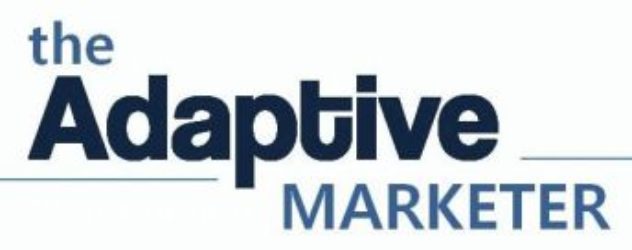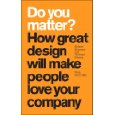This is a key question every large company has two answer, especially when different groups want to contact customers with messages about training, events, new products, promotions, surveys, etc.
When I was responsible for the Developer audience at Microsoft, I tried to create communication channels that would carry all these messages: the MSDN site, MSDN Flash newsletter, sub-audience specific sites, blogs, etc. But there is always a need for more formal communications that would go via email. The audience owners had to approve any communications going out or any new channels to avoid spamming customers and having a massive number of newsletters. At some point many companies have a discussion about how often they should be sending emails to their customers.
I have seen companies who have a rule about not sending broad emails to the customer base more than once a week. Some companies think it should be every two weeks or every month. Some companies have no rules and every one is free to spam everyone who has ever opted-in. Defining a fixed cadence to contact customers misses the point altogether.
The key for customer communications, either via email, RSS, twitter, fax, etc., is relevance.
Yetserday at the Omniture Summit, Forrester Analyst Emily Riley was sharing how after two years she still enjoys the weekly email newsletter sent by BabyCenter and read it thoroughly because it is relevant – it has information that is useful for her becaus eit has been targeted based on her baby’s age.
But when I get emails from a similar site (to remain unnamed) those emails are spam. My two daughters are 7 and 9, I don’t care about pretty much baby anything, the communcation is not relevant. Now, if the company had a Pre-Teen Parent newsletter, I might be interested. After all, they have my information, my permission (I haven’t opted out, my bad) and the exact age of my two daughters. Whay wouldn’t these companies continue to provide relevant information to parents as they grow? from diapers to cell phones and college.
If I am a developer heads down on a project or trying to understand a technology, I will dig every piece of relevant, useful information you send my way. If the information is useful, I will be grateful for that information even if I get an email every single day, scoring points for your brand. But if you send me information that is not targeted, relevant and useful, then every email is spam even if I only get one every leap year.
Content is King, Relevance is the Crown that makes Content the King.

